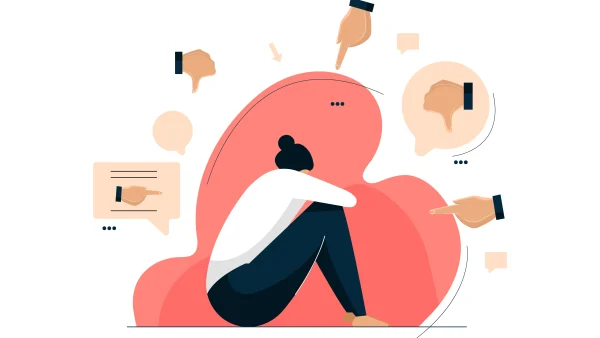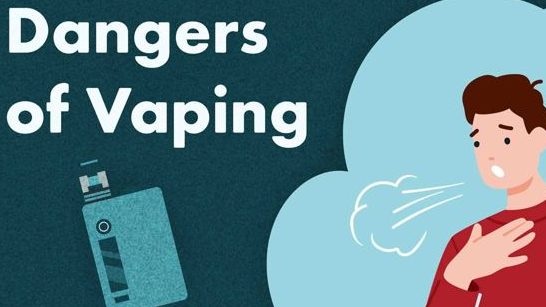Many people are familiar with social media, and many people use it. But the real question is: why? At what cost? For those who do use it, what is their screen time? Many people spend hours online watching videos on social media, but why is it so addictive? Why is it that when we turn on our phones, we are so used to opening apps such as TikTok, Instagram, Snapchat, etc., as soon as we turn them on?
ENDLESS SCROLLING
One reason many people are always online, scrolling through social media—even when they aren’t watching the full video—is because they can switch between content in just 19 seconds or less. Each time someone changes content, they receive a hit of dopamine, creating what feels like a “neurological high” (Rupp). This means that one hit leads to another, forming an addiction-like cycle similar to any other addiction, including drugs and alcohol. Aza Raskin, who created the infinite scroll, wanted to make it to positively impact us by reducing bounce rates and enhancing mobile use. Now, Raskin states that creating the endless scroll is his biggest regret since it wastes over 200,000 lifetimes daily, feeling guilty, realizing how addicted people are to it.
WHAT HEALTH PROBLEMS CAN SOCIAL MEDIA CAUSE?
Social media may benefit us in many ways, including motivation, ideas, brand promotion, and communication. However, it can also cause harm in many areas of our lives. It could lead to productivity loss, sensory overload, mental health concerns, and physical health concerns.
Scrolling continuously can lead to mental health concerns such as obsessive-compulsive behaviors, anxiety, and depression. Being shown stories and illusions of endless possibilities can also lead to a “sense of urgency and FOMO (fear of missing out)” (Rupp). Some examples of things that many people are afraid to miss out on include inside jokes, missing important posts, not knowing what others are doing, etc.

Social media can also cause harm to our physical health, giving us “[p]rolonged exposure to a screen’s blue light, [that] can lead to eye fatigue and discomfort.” Social media also supports “prolonged phone use before bed,” causing sleep loss. According to Bert Gambini on UBNow, higher social media use is also associated with somatic symptoms like headaches, chest and back pains, and more frequent doctor visits for illness treatments. Along with that, “[r]esearch participants who used social media excessively were found to have higher levels of C-reactive protein (CRP), a biological marker of chronic inflammation that predicts serious illnesses, such as diabetes, certain cancers, and cardiovascular disease.” (Gambini)
SCREEN TIME
Today, many people benefit from screens by doing things such as working, but a lot of the time, that is not the case. When at school, you spend most of your time on a Chromebook, which is still a screen, but it is benefiting you since you are doing something academic. But once the bell rings and it is time to go home, many of us head home and take a “break” while watching social media. A lot of the time, this ‘break’ turns into multiple hours wasted, procrastination, and last-minute stress.

You may be wondering how this relates to social media. Well, social media reduces attention spans, social skills, sleep, and physical activity. According to Laura Montgomery, a board-certified primary care provider, social media apps were designed to be addictive, which makes it harder for teens to ‘self-regulate’ their use. Using social media excessively can shorten attention spans and make it harder for many to focus on tasks that require concentration.
This excessive use of the screen could also alter your brain by affecting its growth. An article by Heads Up Scholastic states that “[a] study called the Adolescent Brain Cognitive Development (ABCD) revealed that some kids who use screens more than seven hours a day had a thinner cortex than those who used screens less.” The cortex is the outer layer of the brain that processes information, so the fact that many kids’ cortex layers are thinning because of high screen time use is not something that many should be proud of. Let’s try our best not to normalize excessive amounts of screen time, especially at a young age.
Overall, social media influences people mentally and physically. The infinite scroll was designed to benefit people positively, but many people waste time on it daily, turning it into an ‘addiction.’ Excessive screen time or social media use could also cause health concerns such as OCD, anxiety, depression, etc. We should try our best to limit our daily usage to help our brains develop to their full potential.

























